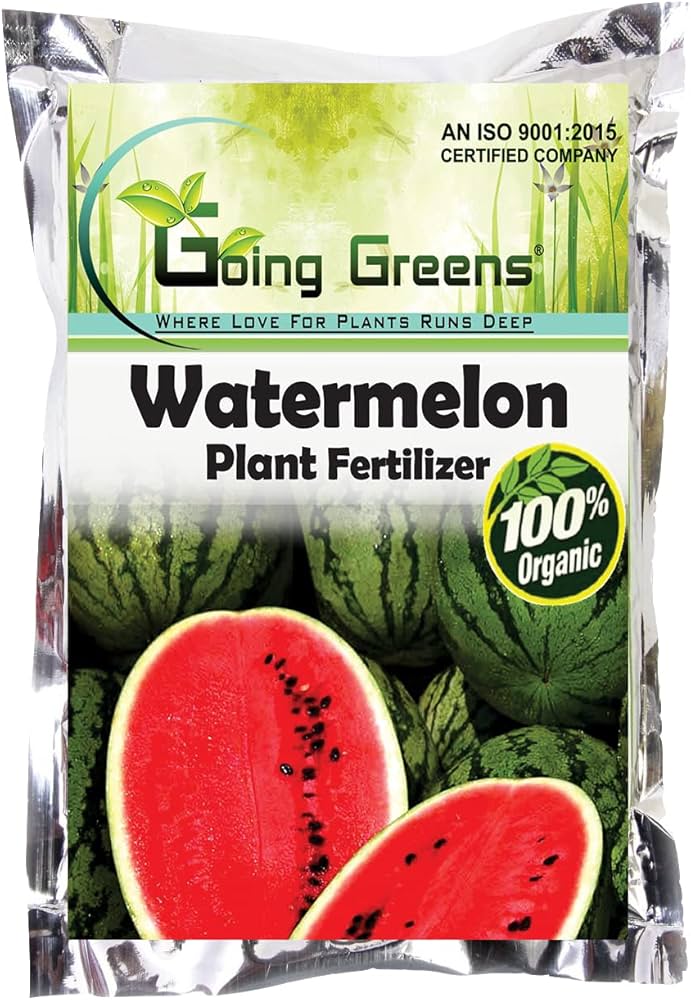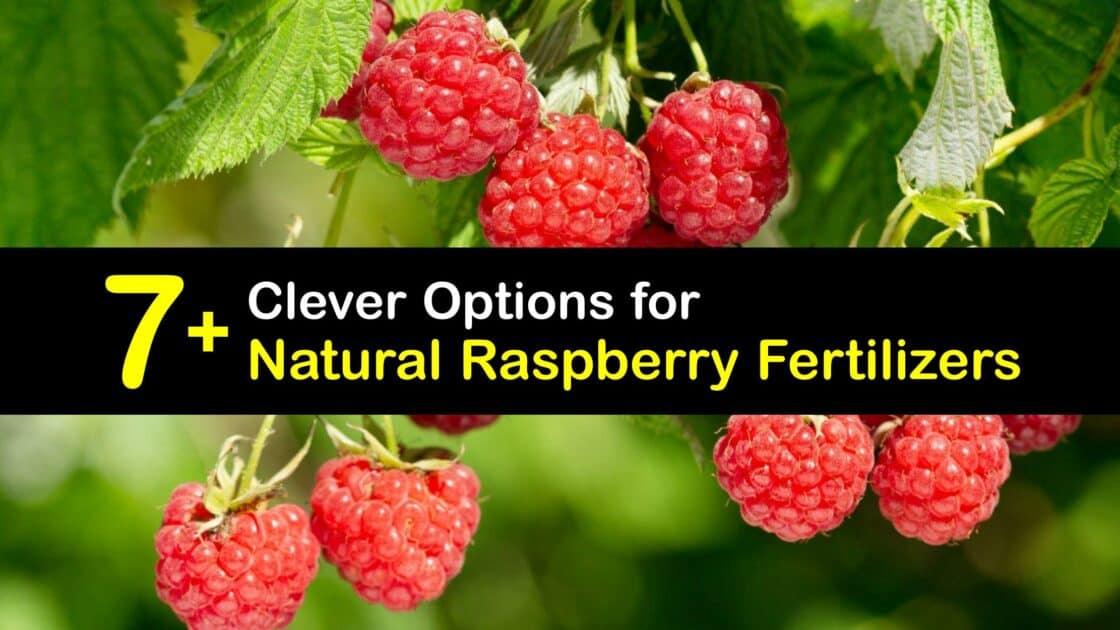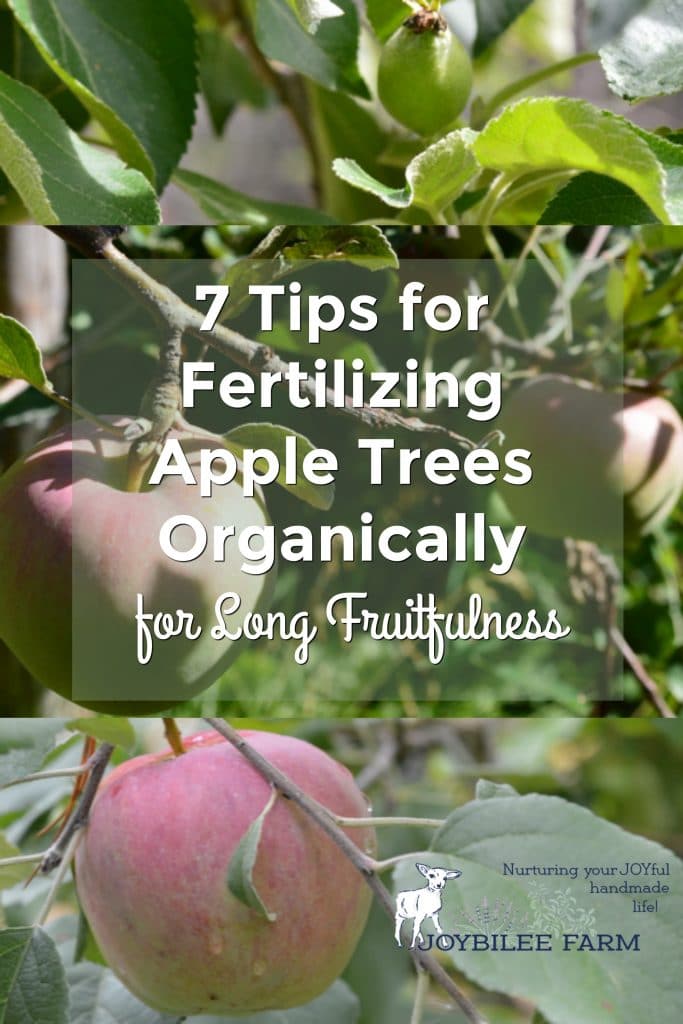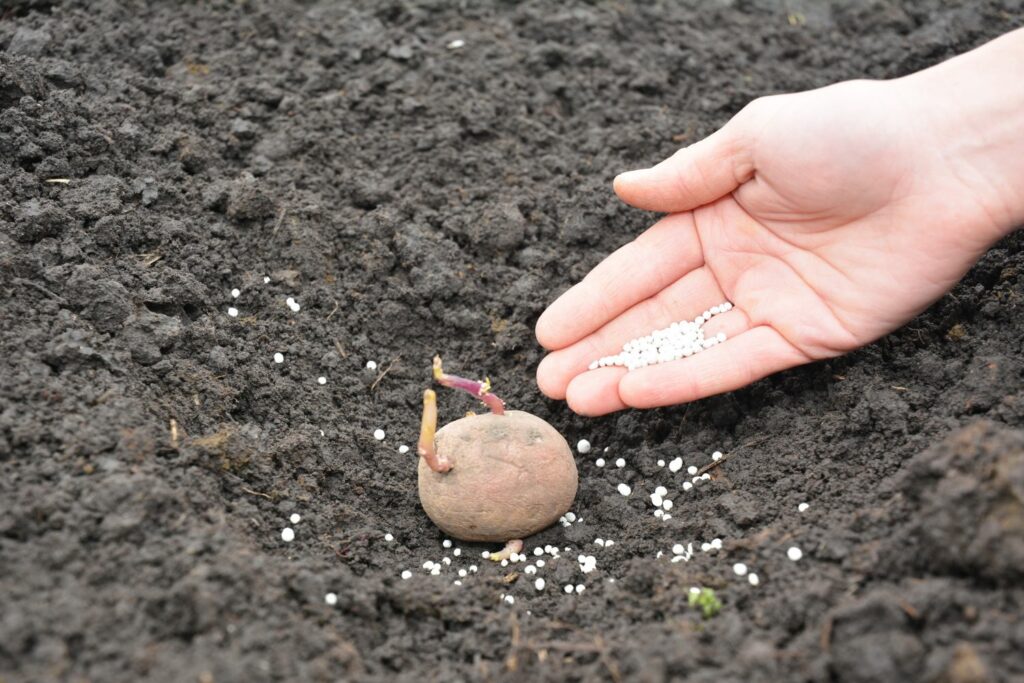Best Natural Fertilizers for Watermelon
Watermelons are a summer favorite, known for their juicy sweetness and vibrant color. To help your watermelon plants thrive and produce ample fruit, it’s important to provide them with the right nutrients. While synthetic fertilizers can get the job done, natural fertilizers are a more sustainable and environmentally friendly option. In this article, we’ll explore some of the best natural fertilizers for watermelon plants.
1. Compost
Compost is often called “black gold” for a reason – it’s a nutrient-rich soil amendment that can work wonders for your watermelon plants. Compost is made from organic matter such as food scraps, yard waste, and manure, which break down over time to create a nutrient-rich fertilizer. Adding compost to your soil can improve soil structure, promote beneficial microorganisms, and provide a slow-release source of nutrients for your watermelon plants.
2. Fish Emulsion
Derived from the processing of fish, fish emulsion is a rich source of nitrogen, phosphorus, and potassium – three essential nutrients for plant growth. Fish emulsion is a quick-acting fertilizer that can help boost the growth of your watermelon plants. It’s best to dilute fish emulsion with water before applying it to your plants, as it can be quite potent.
3. Manure
Manure, whether it’s from cows, horses, chickens, or rabbits, is a traditional fertilizer that has been used for centuries to improve soil fertility. Manure is rich in nitrogen, phosphorus, and potassium, making it an excellent choice for feeding watermelon plants. Just be sure to use well-aged manure, as fresh manure can burn your plants.
4. Bone Meal
Bone meal is a slow-release fertilizer made from ground-up animal bones. It’s a good source of phosphorus, which is important for flower and fruit development in watermelon plants. Bone meal can help improve soil quality and promote healthy root growth. It’s best to mix bone meal into the soil before planting your watermelon seeds.
5. Worm Castings
Worm castings, also known as vermicompost, are a nutrient-rich fertilizer made from worms’ digestive waste. Worm castings are full of beneficial microorganisms that can help improve soil structure and promote plant growth. Adding worm castings to your soil can increase water retention, improve aeration, and provide a slow-release source of nutrients for your watermelon plants.
Conclusion
When it comes to fertilizing your watermelon plants, natural fertilizers are a great choice. They not only provide essential nutrients for plant growth but also help improve soil quality and promote healthy root development. By using compost, fish emulsion, manure, bone meal, and worm castings, you can give your watermelon plants the nutrients they need to thrive and produce delicious fruits.



